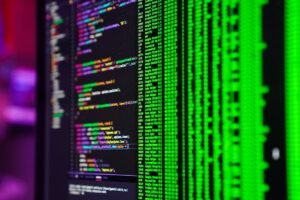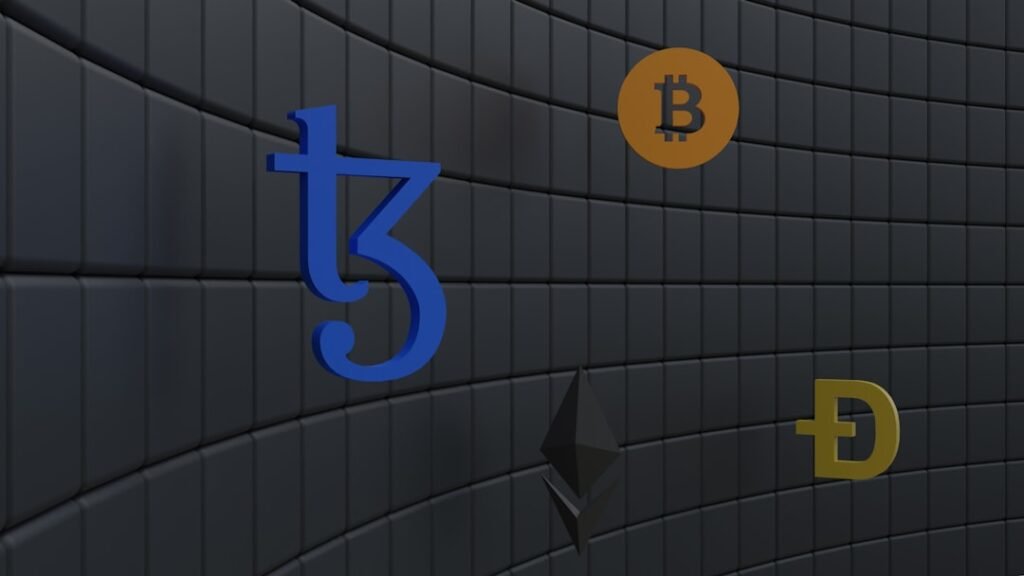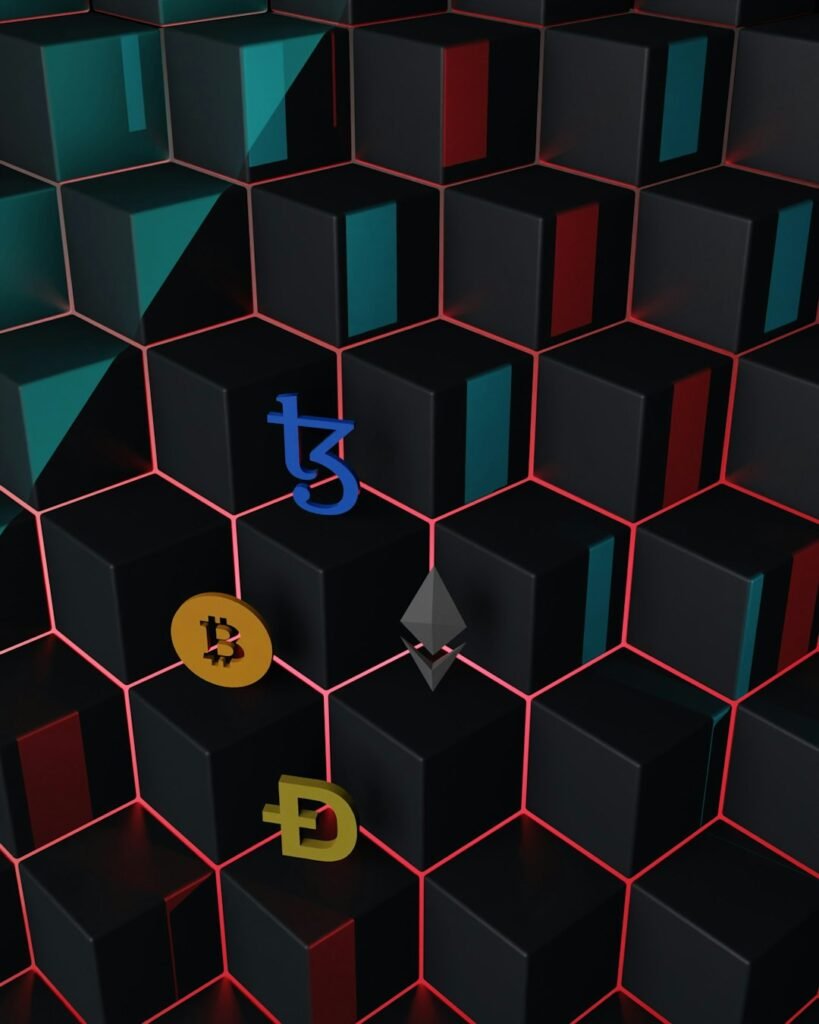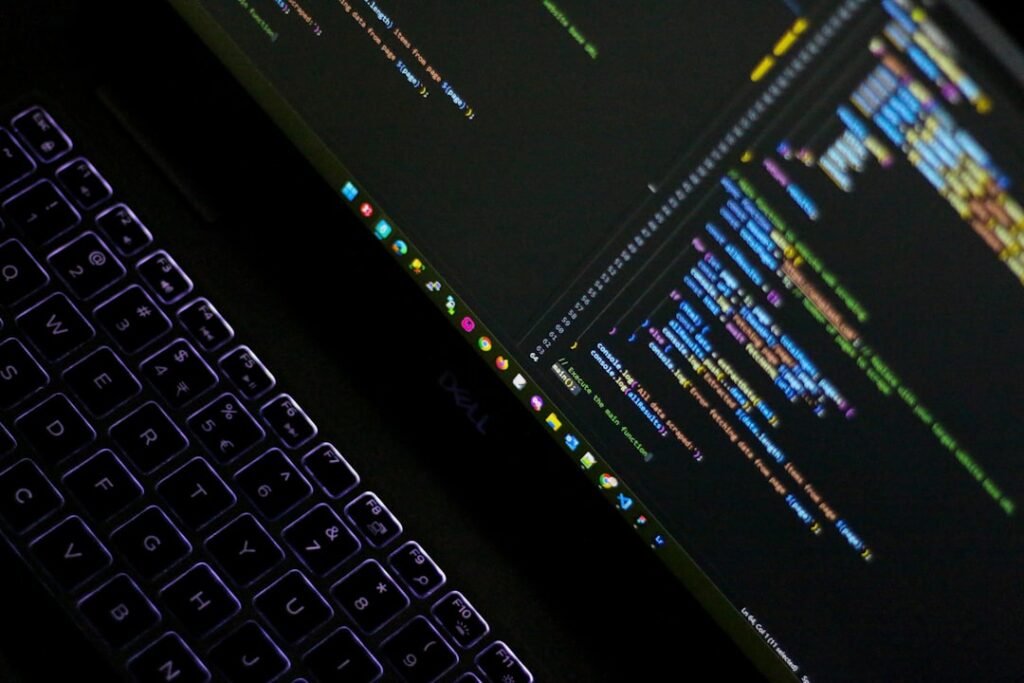디파이 보안 위기: 스마트 컨트랙트 감사가 선택이 아닌 생존을 위한 필수인 이유
탈중앙화 금융의 화려한 약속(국경 없는 거래, 이자 농사, 민주화된 접근성)은 놀라운 현실의 그늘에 가려져 있습니다: 디파이 프로토콜은 익스플로잇을 통해 매년 수십억 달러의 손실을 입습니다. 블록체인 자체는 강력한 보안을 자랑하지만, 디파이 애플리케이션을 구동하는 스마트 컨트랙트는 여전히 매우 취약한 상태입니다. 결함이 있는 코드 한 줄이 치명적인 백도어가 되어 재정을 고갈시키고 신뢰를 하루아침에 무너뜨릴 수 있습니다. 엄격한 스마트 컨트랙트 감사가 중요한 이유를 이해하는 것은 단순히 기술적인 문제만이 아니라 탈중앙화 금융의 미래를 지키는 일입니다.
불변의 문제: 디파이 코드에 완벽함이 요구되는 이유
스마트 콘트랙트는 블록체인 상에서 스스로 실행되는 계약입니다. 스마트 컨트랙트는 중개자 없이 Aave의 대출, Uniswap의 스와핑, Compound의 차입 등 핵심적인 탈중앙 금융 기능을 자동화합니다. 스마트 컨트랙트의 힘은 자율성에 있지만, 이는 치명적인 약점이 될 수 있습니다: 불변성. 일단 배포되면 스마트 컨트랙트의 코드는 고정됩니다. 기존 소프트웨어와 달리 출시 후 발견된 중요한 버그는 단순히 업데이트로 패치할 수 없습니다. 완전히 새로운 컨트랙트를 배포해야 하며, 마이그레이션 위험과 잠재적인 사용자 혼란으로 가득 찬 비용이 많이 들고 복잡한 프로세스를 거쳐야 합니다. 이러한 내재적 유연성 때문에 배포 전 보안 감사는 신중할 뿐만 아니라 절대적으로 필요합니다. 블록체인에는 두 번째 기회가 없습니다.
스마트 컨트랙트 감사가 탈중앙 금융의 생명선인 이유: 단순한 자금 보호 그 이상
- 수십억 개의 사용자 자산을 보호합니다: 탈중앙 금융 사용자들은 프로토콜당 수십억 달러에 달하는 엄청난 금액을 스마트 콘트랙트에 예치합니다. 감사는 악의적인 공격자가 적극적으로 노리는 취약점에 대한 주요 방어 수단입니다. 감사는 재진입 공격(악명 높은 $60M DAO 해킹에서처럼 실행 도중에 함수가 탈취되는 경우), 플래시 대출 익스플로잇(Euler Finance의 $197M 손실에서 볼 수 있는 무담보 대출을 이용한 가격 조작), 논리 오류 및 프론트런닝 취약점과 같은 중요한 결함을 식별합니다. 전에 무기화됩니다.
- 대체 불가능한 투자자 및 사용자 신뢰 구축: 신뢰는 탈중앙 금융의 근간입니다. 평판이 좋은 회사(CertiK, OpenZeppelin, Trail of Bits 등)의 종합적인 감사는 강력한 신뢰 신호로 작용합니다. 이는 보안에 대한 프로젝트의 노력을 보여주며, 감사를 받지 않은 고위험 코드를 피할 수 있는 신중한 유동성 공급자와 투자자를 끌어들입니다. 감사를 받은 프로젝트는 본질적으로 생태계 내에서 더 높은 신뢰도를 지니고 있습니다.
- 치명적인 익스플로잇 및 시스템적 위험 방지: 디파이의 역사는 대규모 해킹으로 인해 상처를 입었습니다:
- 더 다오 해킹 (2016): 재진입 공격으로 $60M 손실.
- 폴리 네트워크 해킹 (2021): 크로스체인 컨트랙트 결함으로 인해 $600M 도난.
- 로닌 브리지 익스플로잇(2022): Axie Infinity의 네트워크에서 $625M이 유출되었습니다.
- 오일러 금융 (2023): 플래시 대출 공격으로 $197M 손실.
- 멀티체인 (2023): 의심스러운 인출로 $231M 이상 손실.
감사는 이러한 치명적인 침해를 가능하게 하는 벡터를 식별하고 제거하여 개별 프로토콜과 더 광범위한 DeFi 인프라를 연쇄적인 장애로부터 보호하는 것을 목표로 합니다.
- 규제 준비성 확보: 디파이가 성숙하고 기관 자본을 유치함에 따라 규제 당국의 감시도 강화되고 있습니다. 전 세계 각국 정부는 탈중앙화 금융을 위한 프레임워크를 개발하고 있습니다. 엄격하고 전문적인 스마트 컨트랙트 감사를 받으면 실사와 보안 모범 사례 준수에 대한 문서화된 증거를 확보할 수 있습니다. 이러한 사전 예방적 단계는 프로젝트가 향후 규정 준수 요건에 유리한 위치를 점하고 감사 환경을 요구하는 규제 기관 투자자에게 크게 어필할 수 있습니다.
- 장기적인 프로토콜 확장성 및 복원력 지원: 감사는 단순히 즉각적인 버그만 확인하는 것이 아니라 코드의 견고성, 효율성, 스트레스에 대한 복원력을 평가합니다. 이를 통해 프로토콜이 예기치 않은 장애 없이 부하 증가, 복잡한 상호 작용, 변화하는 시장 상황을 처리하여 지속 가능한 성장의 토대를 마련할 수 있도록 합니다.
볼트 내부: 전문적인 스마트 컨트랙트 감사 작동 방식
감사는 단순한 코드 스캔을 훨씬 뛰어넘는 세심하고 다층적인 프로세스입니다:
- 수동 코드 검토: 노련한 보안 엔지니어가 한 줄 한 줄 분석을 수행합니다. 복잡한 로직 흐름과 비즈니스 규칙을 이해하고 자동화된 도구가 놓칠 수 있는 미묘한 취약점을 발견하는 데는 이러한 사람의 전문 지식은 대체할 수 없습니다. 감사인은 프로젝트의 사양 및 문서와 비교하여 코드를 면밀히 검토합니다.
- 자동화된 스캔 및 분석: MythX, Slither, CertiK의 Skynet과 같은 도구는 심층적이고 신속한 스캔을 수행합니다. 이러한 도구는 일반적인 취약점을 효율적으로 표시하고(예: SWC 레지스트리와 같은 표준화된 체크리스트 사용), 코딩 표준 편차를 식별하며, 정적 분석(실행하지 않고 코드를 검사)을 수행합니다.
- 공식 인증: 이 고급 수학적 접근 방식은 스마트 컨트랙트 로직의 정확성을 증명하거나 반증합니다. 가능한 모든 조건에서. 코드가 사양을 엄격하게 준수하는지 수학적으로 검증하여 중요한 구성 요소에 대해 최고 수준의 보증을 제공합니다.
- 동적 분석 및 퍼즈 테스트: 감사자는 실제 공격과 예기치 않은 상황을 시뮬레이션합니다. 퍼즈 테스트는 대량의 무작위, 잘못된 입력 데이터로 계약을 공격하여 충돌을 유발하거나 정상 작동 시에는 드러나지 않는 숨겨진 에지 케이스 취약점을 발견합니다.
- 기능 테스트: 에지 케이스 및 장애 모드를 포함한 다양한 시나리오에서 계약이 실제로 의도한 기능을 올바르게 수행하는지 확인합니다.
- 문제 해결 및 재검토: 확인된 취약점은 개발자에게 보고되며, 개발자는 수정 사항을 구현합니다. 그런 다음 감사자는 수정 사항이 효과적인지, 새로운 문제가 발생하지 않는지 엄격하게 다시 테스트합니다.
- 종합 감사 보고서: 최종 결과물에는 모든 결과(심각도 분류 - 심각, 높음, 중간, 낮음, 정보 제공), 사용된 테스트 방법론, 수정 효과에 대한 증거가 자세히 설명되어 있습니다. 이 투명한 보고서는 사용자와 투자자의 신뢰에 매우 중요합니다.
현실 탐색하기 이점 및 내재적 과제
-
실질적인 혜택:
- 대규모 위험 감소: 치명적인 재정적 손실과 평판 손상을 방지할 수 있습니다.
- 신뢰와 신뢰도 향상: 사용자, 유동성, 기관 투자를 유치합니다.
- 코드 품질 및 유지보수성 향상: 감사를 통해 비효율성과 잘못된 관행을 발견하여 더 깔끔하고 견고한 코드를 만드는 경우가 많습니다.
- 규제 조정: 사전 예방적 보안 의지를 보여줍니다.
- 장기적인 생존력: 프로토콜의 성장과 진화를 위한 견고한 기반을 구축합니다.
-
지속적인 도전:
- 상당한 비용: 상위 기업의 품질 감사 비용은 복잡성에 따라 100만 달러에서 100만 달러 이상이며, 초기 단계의 프로젝트에는 부담스러울 수 있습니다. 하지만 이 비용은 해킹으로 인한 잠재적 손실에 비하면 아무것도 아닙니다.
- 절대 보장 없음: 감사를 통해 위험을 크게 줄일 수는 있지만 완전히 제거할 수는 없습니다. 제로데이 취약점이나 매우 복잡하고 새로운 공격 벡터는 탐지를 피할 수 있습니다. 보안은 지속적인 프로세스입니다.
- 개발 타임라인 영향: 철저한 감사는 며칠에서 몇 주까지 시간이 걸리므로, 빠르게 변화하는 DeFi 환경에서 출시가 지연될 수 있습니다. 이 단계를 서두르는 것은 위험합니다.
- 진정한 전문성 찾기: 이 분야는 경쟁이 치열하기 때문에 진정으로 전문적인 감사인과 능력이 떨어지는 감사인을 구분하려면 부지런함이 필요합니다.
감사와 진화하는 규제 환경
스마트 컨트랙트 감사는 단순한 보안을 넘어 탈중앙 금융 컴플라이언스의 초석이 되고 있습니다. 규제 당국은 이러한 자율 금융 시스템이 견고하고 시스템 리스크를 최소화한다는 확신을 얻고자 합니다. 전문 감사는 확실한 증거를 제공합니다:
- 실사 증명: 사용자 자금을 보호하기 위해 사전 조치를 취했음을 입증합니다.
- 관행의 표준화: 감사를 통해 업계에서 인정하는 보안 모범 사례를 준수하도록 강제합니다.
- 교육기관 게이트웨이: 감사를 받는 프로토콜은 엄격한 리스크 관리 요건에 부합하기 때문에 규제 대상 기관(은행, 펀드)이 디파이 영역에 진입하는 데 훨씬 더 매력적입니다.
- 미래 프레임워크를 위한 기반: 구체적인 DeFi 규정이 등장함에 따라, 전문 감사 이력이 있으면 새로운 규정 내에서 프로토콜이 유리한 위치를 차지할 수 있습니다.
감사의 미래: 위협 곡선에서 한발 앞서 나가기
감사 환경은 점점 더 정교해지는 위협에 대응하기 위해 빠르게 진화하고 있습니다:
- AI 및 머신러닝 통합: 과거 익스플로잇과 코드의 방대한 데이터 세트에서 학습하여 복잡하고 새로운 공격 패턴을 탐지하고 취약점을 예측하는 자동화된 도구를 강화합니다.
- 커뮤니티 감사 및 버그 바운티의 확산: Immunefi와 같은 플랫폼은 전 세계 화이트햇 해커들이 코드를 면밀히 조사하도록 장려하여 공식적인 감사를 지속적인 크라우드 소싱 경계를 통해 보완합니다. 고액의 현상금은 최고의 인재를 끌어들입니다.
- 전문화된 디파이 위험 평가 및 보험: 넥서스 뮤추얼과 같은 프로토콜과 스마트 컨트랙트 실패에 대한 보장을 제공하는 전담 보험사가 등장했습니다. 감사는 이러한 보험의 위험 모델링과 가격 책정을 위한 중요한 입력이 됩니다.
- 크로스 체인 및 레이어 2 보안에 집중하세요: 디파이가 이더리움을 넘어 아비트럼, 옵티미즘, 폴카닷, 솔라나 같은 네트워크로 확장됨에 따라 감사는 브리지, 크로스체인 메시징, 레이어 2 아키텍처의 고유한 보안 문제에 적응해야 합니다.
- 표준화 및 벤치마킹: 사용자가 프로토콜 보안 상태를 비교할 수 있도록 보다 표준화된 감사 보고서와 보안 점수 벤치마크(CertiK의 Skynet 등)를 위한 노력을 기울이고 있습니다.
결론 디파이의 타협할 수 없는 기둥으로서의 감사
더 이상 만약 탈중앙 금융 프로토콜은 스마트 콘트랙트 감사를 받아야 합니다. 얼마나 엄격하게 그리고 누구에 의해. 사용자 자금, 기관의 채택, 규제 당국의 수용, 탈중앙화 금융의 신뢰도 등 판돈이 너무 커서 도박을 할 수 없습니다. 감사는 검증되지 않은 코드를 탄력적인 금융의 기본 요소로 전환하는 필수적인 과정입니다.
개발자의 경우 배포 전에 평판이 좋은 전문가의 종합적인 감사를 우선적으로 받는 것이 가장 영향력 있는 보안 투자입니다. 사용자와 투자자에게는 최근의 철저한 감사에 대한 증거를 요구하는 것이 가장 기본적인 실사입니다. 스마트 컨트랙트 보안을 무시하는 것은 단순히 위험할 뿐만 아니라, 위험이 큰 탈중앙 금융 세계에서는 실존적 위협이 됩니다.
앞으로 나아가기 위해서는 감사를 비용 센터가 아닌 책임감 있는 탈중앙 금융 개발과 참여의 기본 요소로 받아들여야 합니다. 엄격하고 지속적인 보안 검증을 통해서만 탈중앙화 금융은 안전하고 신뢰할 수 있으며 혁신적인 글로벌 금융 시스템으로서 그 진정한 잠재력을 실현할 수 있습니다.
FAQ: 스마트 계약 감사 이해하기
-
질문: 스마트 컨트랙트 감사란 정확히 무엇인가요?
- A: 전문가가 스마트 컨트랙트의 코드를 분석하여 취약점, 논리 오류, 비효율성을 파악한 후 실행에 옮기는 엄격한 보안 평가로, 악용과 재정적 손실의 위험을 크게 줄여줍니다.
-
질문: 탈중앙 금융 감사에서 발견되는 가장 일반적이고 위험한 취약점은 무엇인가요?
- A: 중요한 위협에는 재진입 공격(DAO 해킹과 같은), 플래시 대출 익스플로잇(이익을 위해 가격을 조작), 로직 에러(핵심 프로토콜 규칙의 결함), 프론트런닝(보류 중인 거래를 보고 이익을 얻는 것) 등이 있습니다.
-
질문: 디파이 프로젝트는 일반적으로 어떻게 감사를 받나요?
- A: 프로젝트는 전문 보안 회사(예: CertiK, OpenZeppelin, Trail of Bits, Quantstamp)를 고용합니다. 이 프로세스에는 수동 검토, 자동 스캔, 테스트(퍼징/공식 검증), 문제 보고, 수정 검증 및 최종 상세 보고서가 포함됩니다.
-
질문: 감사를 통해 제 자금이 100%의 안전성을 보장받을 수 있나요?
- A: 절대적인 확실성을 제공하는 감사는 없습니다. 감사는 알려진 여러 가지 복잡한 취약점을 찾아내 위험을 크게 줄여주지만, 새로운 공격 벡터('제로데이')나 매우 복잡한 결함은 탐지되지 않은 채로 남아있을 수 있습니다. 보안은 감사 후 모니터링과 향후 재감사 가능성을 포함하여 지속적인 경계를 필요로 합니다.
-
질문: 감사는 DeFi 규제에 어떻게 도움이 되나요?
- A: 감사는 프로젝트가 보안 모범 사례를 준수하고 있다는 문서화된 증거를 제공하여 실사를 입증합니다. 이를 통해 규제 기관과의 신뢰를 쌓고, 새로운 규정 준수 요건을 충족하며, 엄격한 감독을 받는 기관 투자자에게 프로토콜이 훨씬 더 매력적으로 다가갈 수 있습니다.











